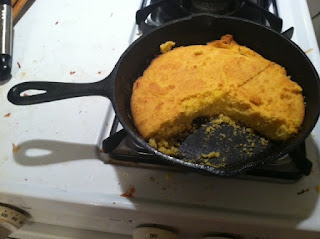Look at the calendar—it’s January 20, Friday—just another day with a long to-do list and a party tonight. But wait, January 20, the date rings a bell. Think. Yes. It’s Inaugural Day. Well, some years it’s Inaugural Day, and suddenly a couple of quick snapshots pop into my mind as I regard the calendar.
In 2008 I lived deep in the south of a deeper than Deep South state so red (Georgia Tallahassee
 When the time came we gathered around the huge screen, silent. Picture the group—all women of a “certain age.” Some of them certainly of a “certain age.” Except for me, all were native north Floridians, most from families of substance, families who had settled the land in the early 1820s, doubtless slaveholders. These women had grown up accustomed to African American servants, the traditional southern way of living.
When the time came we gathered around the huge screen, silent. Picture the group—all women of a “certain age.” Some of them certainly of a “certain age.” Except for me, all were native north Floridians, most from families of substance, families who had settled the land in the early 1820s, doubtless slaveholders. These women had grown up accustomed to African American servants, the traditional southern way of living. And now they clustered around the huge screen, glasses of red wine clutched in their hands, ready for the moment. The President-elect, soon to be President, strode up the steps. One woman burst into tears. She stood up, glass in hand.
“I never thought I’d see the day!” She raised her glass. The rest of us rose and joined the toast to our new leader. Certainly a day to be proud!
Go back, way back, 49 years to a young housewife/part-time student thinking about cleaning the kitchen. She was always thinking about cleaning the kitchen; lots more than she ever cleaned the kitchen. She poured another cup from the electric peculator and settled down at the kitchen table—really just the table, in this tiny house, there was no dining room. Her barely-two-year-old thundered up and down the hallway on the tiny tricycle he’d gotten for his birthday a couple of weeks before. It was too cold on the blustery plains of the Texas Panhandle for him to go outside. Why not? She asked herself. It’s a historic day. She flipped on the TV, and as she would so many more times began to watch a President-elect with a lovely family mount to the platform.
 |
| Sometimes he rode a pony instead of a trike. |
“Ask not what you can do for your country. . .”
She grabbed the child as he whirled by and held him fast on her lap. “You are watching history!”
During the campaign she’d been a vocal campaigner, even if she didn’t vote for Jack Kennedy—she was too young, wouldn’t hit 21 until that July. But that didn’t hold her back. When Kennedy made a five minute layover at the Amarillo Airport
The family usually joined her mother for services at the First Presbyterian Church and then, along with a chunk of the congregation, for dinner at the Silver Grill. As they stood in line one of the church dowagers came up to her.
“Honey, I know you’re young and probably haven’t thought about it, but you really shouldn’t have that sticker on your car and park in the church parking lot. Really, dear, you shouldn’t have that sticker at all. You know,” she lowered her voice, “that man’s a Catholic.” In case the point was missed, she said it again. “A Catholic.”
The young woman (you know who she is) almost bit a hole in her lower lip. She was too good a daughter to be rude in front of her mother. But the next day, the Studebaker had two bumper stickers.


